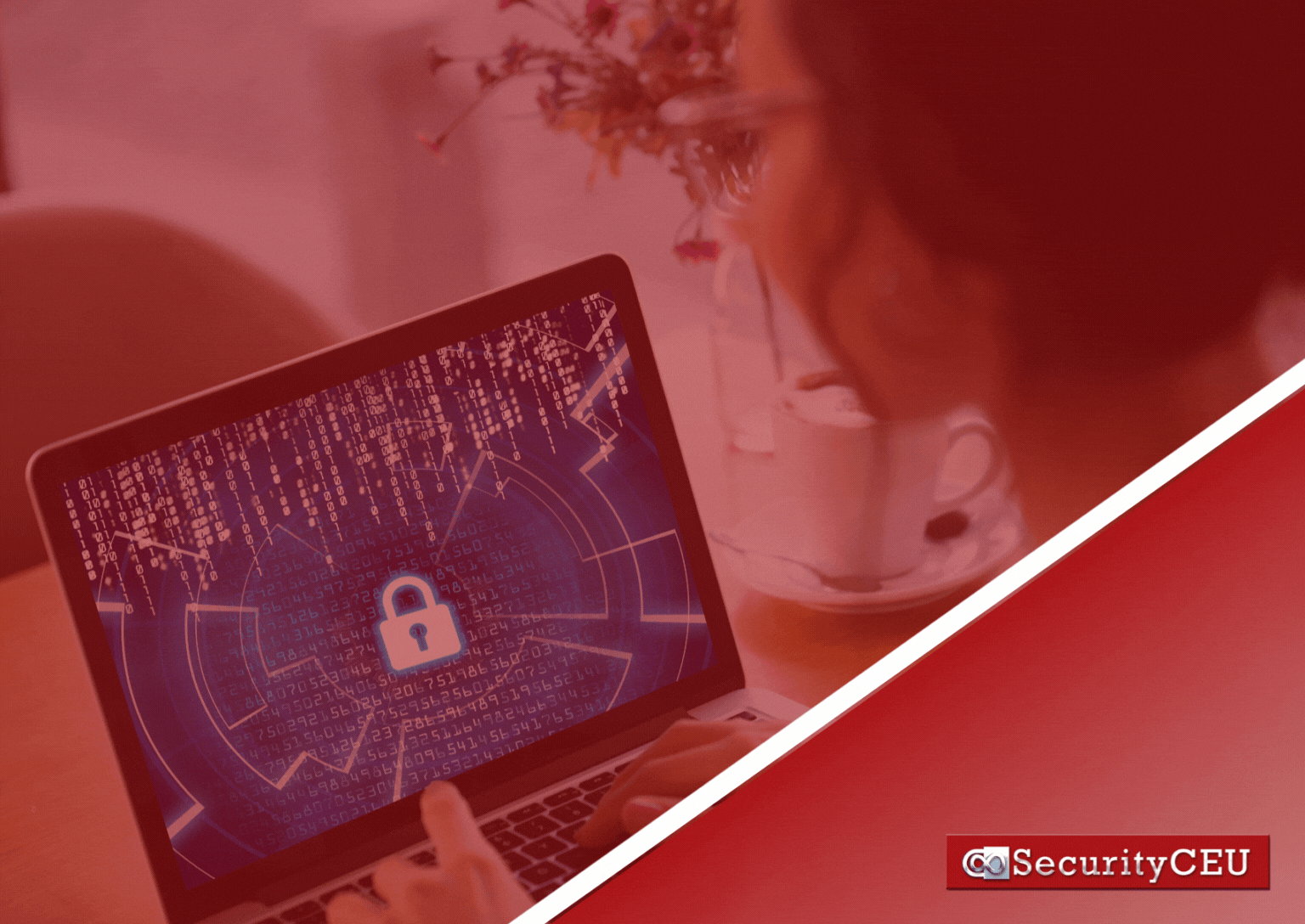News
-
Posted: December 20, 2024Read more »
Security companies operating across multiple states face a unique challenge: navigating a complex web of regulations that vary from one jurisdiction to another. This task, once a Herculean effort, has been transformed by Obsequio's innovative compliance management system.
Our Comprehensive Database
Obsequio's approach to multi-state compliance is rooted in its comprehensive database, pre-loaded with over 350 data points covering 44 states and the District of Columbia. This wealth of information serves as the backbone for a system designed to simplify the intricate dance of multi-jurisdictional compliance.
The system's architecture is built on the premise that knowledge is power. By centralizing regulatory information, Obsequio empowers security industry businesses to make informed decisions quickly and confidently. Gone are the days of sifting through
-
Posted: November 22, 2024Read more »
The convergence of physical and cybersecurity is reshaping the security landscape. Physical and electronic security professionals now find themselves at the forefront of a new battleground where digital threats can have tangible consequences. This shift demands a broader skill set and a deeper understanding of cybersecurity principles.
The Evolving Threat Landscape
Traditional physical security measures—locks, alarms, and surveillance cameras—are no longer sufficient on their own. These systems, now often connected to networks, present new vulnerabilities. Cybercriminals can exploit these connections to gain unauthorized access, disrupt operations, or steal sensitive data.
Consider a scenario where a hacker compromises a building's access control system. They could potentially unlock doors, disable alarms, or manipulate surveillance footage. The implications
-
Posted: November 22, 2024Read more »
Security companies operating across multiple states face a unique challenge: navigating a complex web of regulations that vary from one jurisdiction to another. This task, once a Herculean effort, has been transformed by Obsequio's innovative compliance management system.
Our Comprehensive Database
Obsequio's approach to multi-state compliance is rooted in its comprehensive database, pre-loaded with over 350 data points covering 44 states and the District of Columbia. This wealth of information serves as the backbone for a system designed to simplify the intricate dance of multi-jurisdictional compliance.
The system's architecture is built on the premise that knowledge is power. By centralizing regulatory information, Obsequio empowers security industry businesses to make informed decisions quickly and confidently. Gone are the days of sifting through
-
Posted: November 07, 2024Read more »
Did you know that even the slightest flaw in a security system can lead to catastrophic consequences?
As a security integrator or installer, your expertise doesn't just protect property—it saves lives. In a field where failure isn't an option, how can you ensure that every system you install performs flawlessly during those critical emergency moments?
Enter Alarm Science—the specialized discipline bridging the gap between technical installation and real-world emergency response. This scientific approach ensures that electronic security and life safety systems not only operate as intended but deliver when the stakes are highest.
If you're serious about enhancing your technical expertise while safeguarding your business from liability, the Alarm Science Basics
-
Posted: October 25, 2024Read more »
In the labyrinthine world of security compliance, time is a precious commodity. Imagine a tool that not only streamlines your workflow but also acts as a beacon of accuracy in the murky waters of regulatory requirements. Enter Obsequio, your compliance companion extraordinaire.
The Challenge of Compliance
We've all been there—drowning in a sea of paperwork, frantically searching for the right information to ensure our business stays on the right side of the law. It's enough to make even the most seasoned professional want to throw in the towel. But fear not, dear reader, for Obsequio has your back.
At the heart of Obsequio's prowess lies its arsenal of over 500 pre-loaded data points. These aren't just any old data points; they're the crème de la crème of compliance information, meticulously curated to cover a vast array of security, fire, and life
-
Posted: October 18, 2024Read more »
The systems integration industry is changing fast. Today's systems are intricate networks of software applications, hardware components, communication systems, and cybersecurity protocols, all working together seamlessly. This complexity means that Project Managers need special skills in systems integration.
Most project management courses aren't suitable for systems integration jobs. They miss important details about what makes systems integration projects different. There's a growing need for training that speaks directly to system integrators.
Good project management can make or break a system installation. It affects how well the system works and how happy the client is. It also affects whether the project is done on time, within budget, and correctly. As threats get more advanced, the people managing these projects must also step up their game.
In this
-
Posted: September 27, 2024Read more »
Hey there, security mavens! Pull up a chair, grab your favorite caffeinated beverage, and let's chat about everyone's favorite topic: certifications and licenses! Okay, I can practically hear your eyes rolling from here, but stick with me. This little talk might just save your career from becoming a horror story.
More Than Just Alphabet Soup
Let's face it, in the security world, we love our acronyms. CISSP, CPP, PSP – it's like we're speaking in code (which, let's be honest, some of us actually do). But these little letters after your name are more than just a way to make your business card look fancy. They're your ticket to the big leagues, your proof that you know your stuff, and sometimes, your legal right to even do your job.
But here's the kicker – those certifications and licenses aren't one-and-done deals. They're living, breathing entities
-
Posted: September 25, 2024Read more »
Hey there, security professional! Pull up a chair, grab your favorite caffeinated beverage (or preferred beverage ????), and let's dive deep into the wild and woolly world of compliance. I know, I know – you'd rather watch paint dry or count the tiles on your office ceiling. But trust me, this little chat might just be the lifeline your business needs to avoid a world of hurt and maybe even give you a leg up on the competition.
The Compliance Conundrum: A Pain in Your Assets (And Why It Matters More Than Ever)
Let's cut to the chase – the security industry is a regulatory minefield that would make even the most seasoned EOD tech break out in a cold sweat. We're talking a dizzying array of state licensing requirements, continuing education mandates, and an alphabet soup of certifications that would make NASA blush. And here's the kicker – one tiny slip-up can cost you big time, potentially turning
-
Posted: August 28, 2024Read more »
In today's rapidly evolving security landscape, staying ahead of the curve is not just an advantage – it's a necessity. As technology advances and threats become more sophisticated, the importance of professional certification in the security industry has never been more critical. At SecurityCEU.com, we understand the vital role of well-trained, certified professionals in safeguarding businesses, homes, and communities.
Why Professional Certification Matters
Professional certification is more than just a piece of paper – it's a testament to your expertise, dedication, and commitment to excellence in the security field. Here's why it matters:
- Industry Standard: Certification, particularly the Level One equivalent, is the industry benchmark for electronic security and life safety technicians. It provides a solid foundation of knowledge and universally recognized
-
Posted: August 13, 2024Read more »
In the security industry, compliance with regulatory changes is not just a legal obligation but a cornerstone of operational integrity and business success. But, as every security industry professional knows all too well, staying ahead of regulatory changes is tremendously difficult. This quick but comprehensive guide explores the importance of compliance, the challenges involved, and strategies to stay ahead of regulatory changes. It includes both manual methods and the benefits of compliance management systems like Obsequio.
The Importance of Compliance
Compliance in the security industry is crucial for several reasons:
- Legal Obligations: Adhering to state and local regulations is mandatory, often requiring specific licenses and certifications to operate legally.















